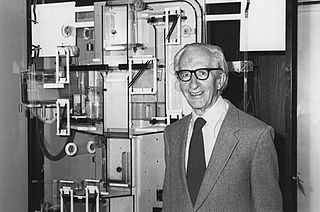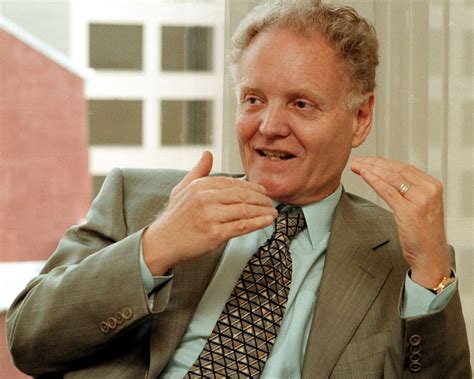A Quote by Richard Thaler
The lesson of my field, behavioral economics, is that we need to understand the ways in which we differ from the rational human assumed in standard economic theory.
Related Quotes
While the apostles of the new so-called "behavioral" theory present ample evidence of how often human beings make irrational financial decisions, it remains to be seen whether these decisions lead to predictable errors that create systematic mispricings upon which rational investors can readily and economically capitalize.
Put simply, behavioural economics argues that human beings' decision-taking is guided by the evolutionary baggage which we bring with us to the present day. Evolution has made us rational to a point, but not perfectly so. It has given us emotions, for example, which programme us to override our rational brain and act more instinctively.
I started in the law; and the study of law, when it precedes the study of economics, gives you a set of foundation principles about how human beings interact. Economics is very useful, and I studied economics in graduate school. But without understanding the social and organizational context of economics, it becomes a theory without any groundwork.
































